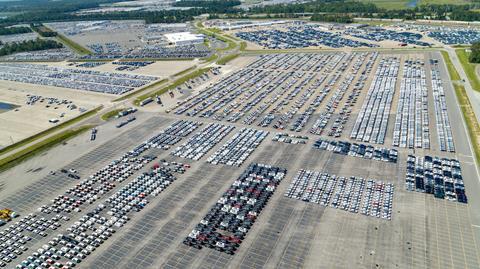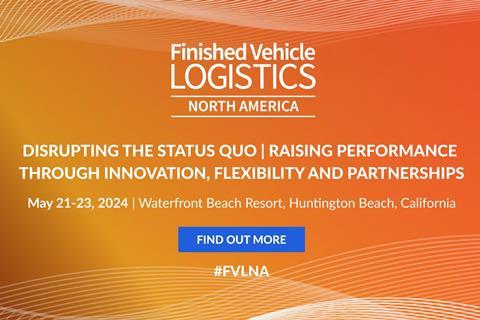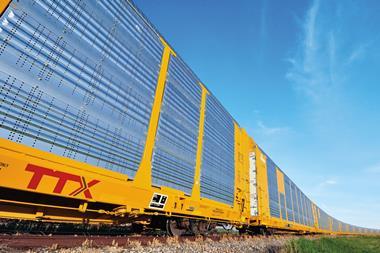The US port of Brunswick processed 740,000 passenger cars and light trucks last year, up 13.5% on the previous year, with imports accounting for 75% of the volume (555,000). Mercedes-Benz, which has a vehicle processing centre at the Colonel’s Island terminal, was the carmaker that moved the most volumes.
At the same time, the adjacent port of Savannah, which predominantly handles containers, exported 12,000 vehicles. While the port’s handling of containerised finished vehicles was minimal in 2023, the GPA is seeing “a sizeable increase” is such shipments in 2024.

Bruce Kuzma, senior director of trade development, ocean carrier and non-container sales at Georgia Ports Authority, said ro-ro volumes are continuing to grow through Brunswick’s vehicle terminals and the authority is investing more than $260m to develop approximately 40 hectares of additional property at Colonel’s Island terminal to accommodate further growth while also making other facility upgrades. “Looking forward, we are expanding our gate infrastructure, terminal roadways, building a new on-terminal rail yard and adding a fourth berth,” he said.
The investments include measures to cut emissions and make vehicle processing more sustainable according to Kuzma, including improvements to the road and rail infrastructure at the port. As well as expanding the gate infrastructure for a more efficient flow of traffic, all new buildings are certified by the Leadership in Energy and Environmental Design (Leed) green rating system, with LED lighting used throughout.
“The construction of an additional berth will minimise vessels delays and unnecessary emissions waiting for a berth,” added Kuzma. “All of the new acreage we are developing is being built at an elevation that improves resilience to potential flooding.”
Added to which the Georgia General Assembly has allocated $6m for special harbour improvements at Colonel’s Island.
Kuzma also said that port processors are working closely with Georgia Power and the GPA’s engineering team on infrastructure designed to support increased electric vehicle volumes.
Asked whether the Georgia ports were seeing or expecting an increase in vehicle throughput because of the disruption caused to traffic through the port of Baltimore by the collapse of the Francis Scott Key bridge, Kuzma said that the GPA was working closely with its port partners and customers to ensure that, where it made sense to divert cargo and store it through Brunswick or Savannah, it would be handled in an efficient manner without negatively impacting existing business.
Read more about Brunswick port and the other top-peforming North American vehicle-handling ports in the forthcoming summer edition of Automotive Logistics magazine, which is published in May.


























![Global[1]](https://d3n5uof8vony13.cloudfront.net/Pictures/web/a/d/s/global1_726550.svgz)













No comments yet